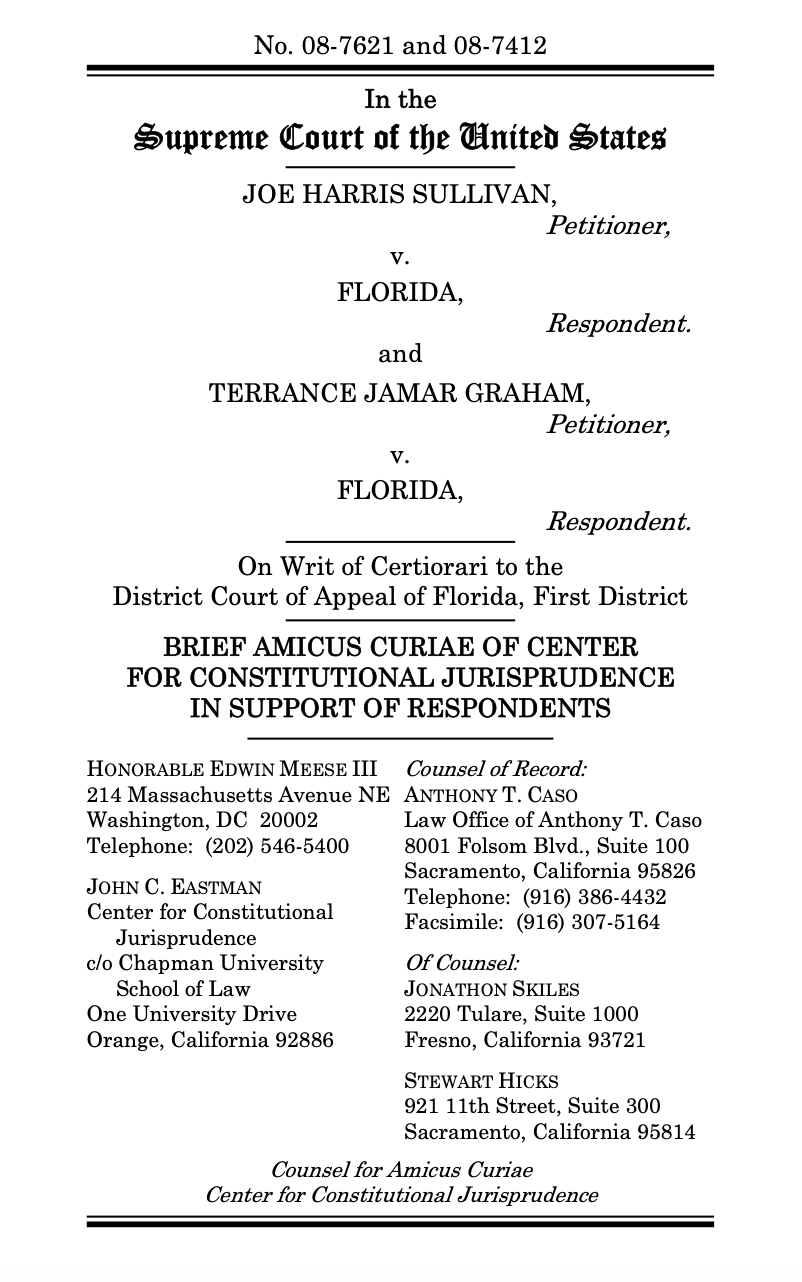
Summary of Argument
The “scientific” evidence presented in the American Medical Association and the American Academy of Child and Adolescent Psychiatry Amicus Brief is far from being established as accepted scientific fact. The tests, results, and interpretation of those results cannot yet meet admissibility and reliability standards as established by this Court in Daubert v. Merrell Dow Pharmaceuticals, Inc., 509 U.S. 579 (1993). It is the type of developing science that may be relied on by legislatures as they consider policy choices, but is not the type of established and accepted science that a court may use to overturn those policy choices. In designing our system of government, the Founders vested the legislative branch with the power to make policy. While the judicial power exists to ensure that legislative policy-making stays within the outer bounds established by the Constitution, the judicial branch was not granted a broad power to overrule policy choices on the basis of a dispute over which policy may be wisest. Science cannot yet provide a reliable basis for concluding that the policy choice of the Florida legislature in this case was either “correct” or “erroneous.” This Court cannot rely on the scientific theories presented in the AMA brief, therefore, to overrule the state’s policy choice.